| |
Selichos at the Kosel at night
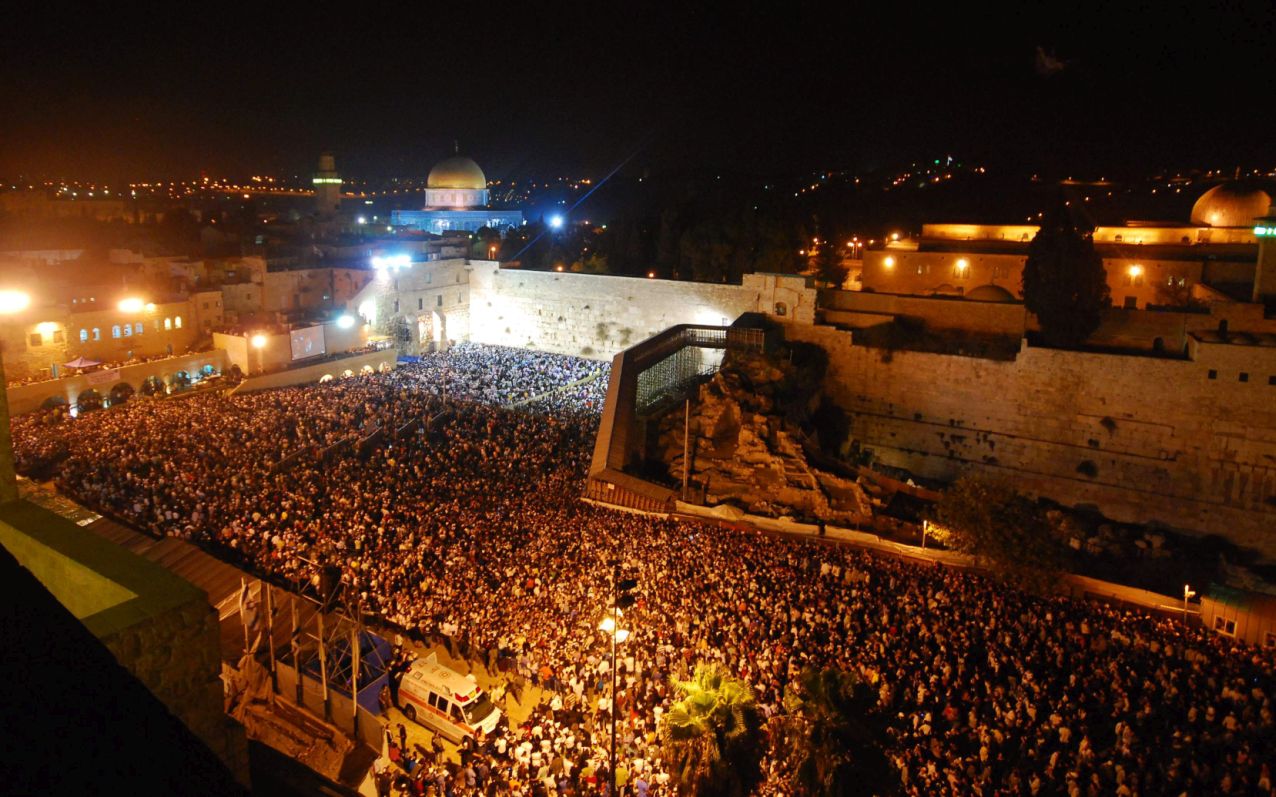
This Google Custom Search looks only
in this website.
23 Tons of Terror Chocolate of Hamas Confiscated
Security Minister Benny Ganz signed an administrative directive this past Monday to confiscate 23 tons of chocolate snacks from the Gaza Strip which are thought to serve to fund the Hamas terror organization there.
The Security Ministry said that it is believed that Hamas uses this food for a broad arrangement to pay for terrorist activities by selling such products and also staples to Gaza residents.
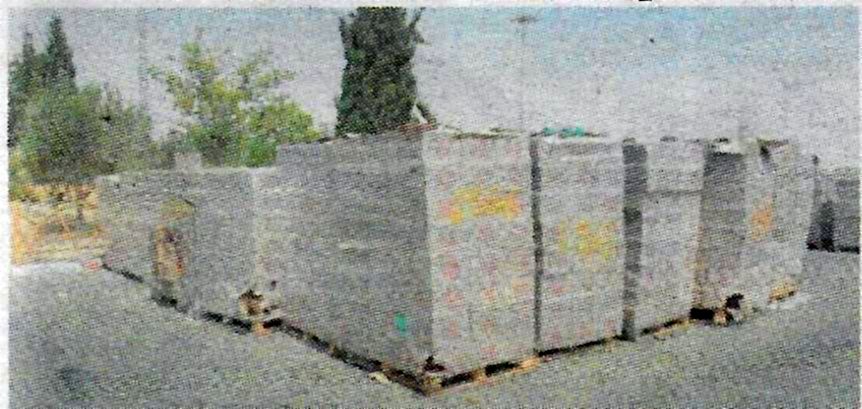
HaRav Yisroel Gans' Message for Elul
It is written, "Shall a lion roar and no one be frightened?" The word 'ARYE' stands for: Elul, Rosh Hashonoh, Yom Kippur and Hoshanna Rabba. A cry resounds at each of these times, one the louder than its predecessor.
These were the opening words of HaRav Yisroel Gans, and he continued: Our ancestors testified that this is how all of our people once felt inside. HaRav Sholom Schwadron used to tell that in his childhood, his mother merely to say "Elul" and that was sufficient to remind him to behave as he should. Even seven-year-old children understood the trepidation of Elul. And even if this sensation has waned in our times, we are still behooven to realize the essence of Elul as being a preparation for the Day of Judgment. Who, after all, can truly gauge the full portent and depth of the Attribute of Judgment?
It is told about the wife of the Vilna Gaon who was a charity collector. She made an agreement with her partner in chessed that whoever passed away first will appear to her friend in a dream and report the goings-on in Heaven. And so she did. The partner came to the wife of the Gaon and told her as follows.
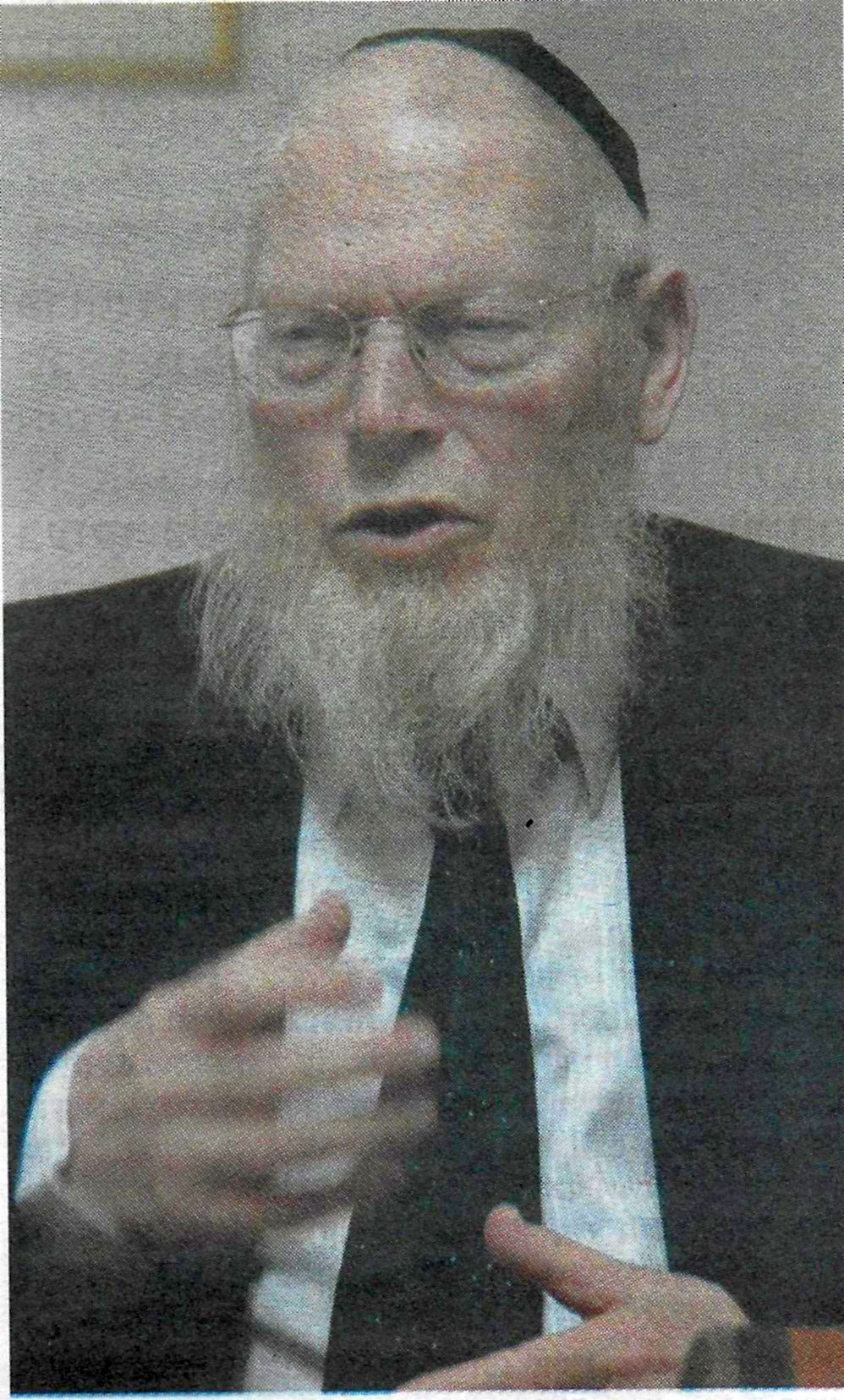
Lithuania Halts Plans for Conference Center on Vilna Jewish Cemetery
Agudath Israel and the entire Jewish world is pleased that the Lithuanian government has reversed its decision to build a conference center on the Old Jewish Cemetery in the Shnipeshok section of Vilna. The cemetery is the resting place of all Jews who died in Vilna between 1593 and 1830, among whom are many great tzadikim including the Chayei Adam and the Be'er HaGolah.
The battle to preserve the Shnipeshok cemetery has been ongoing for many years. Rabbonim and askonim across the globe have been deeply involved in the effort. The matter even reached the table of the Moetzes Gedolei HaTorah of America, who sent an impassioned letter in 2020 to Lithuanian President Gitanas Nauseda imploring him to do all in his power to block the proposed development and protect the cemetery.
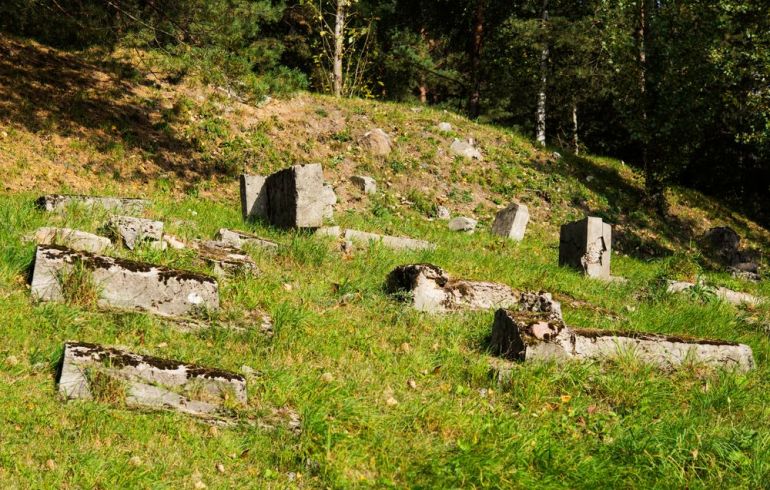
The Blazing Torch of Novorhodok
Conscious Understanding and Action
It is brought in the "Gateway of Bitachon" of Chovos Halevovos that a certain person, one of the "perushim" (ascetics), once, when he was starting out, went forth to seek his fortune in a faraway land. He met up with a gentile and said, "How utterly blind and stupid you are in your idolatry."
The gentile asked him, "Then what power do you serve?"
He replied, "I worship the Creator Who is Omnipotent and Who sustains all living creatures. He is One and Only."
Said the heathen, "Your very actions contradict your words."
"How is that?" asked the Jew.
The goy replied, "Because if you truly believed in a Being Who sustains you and Who is Omnipresent, you would not have had to travel afar to seek your fortune."
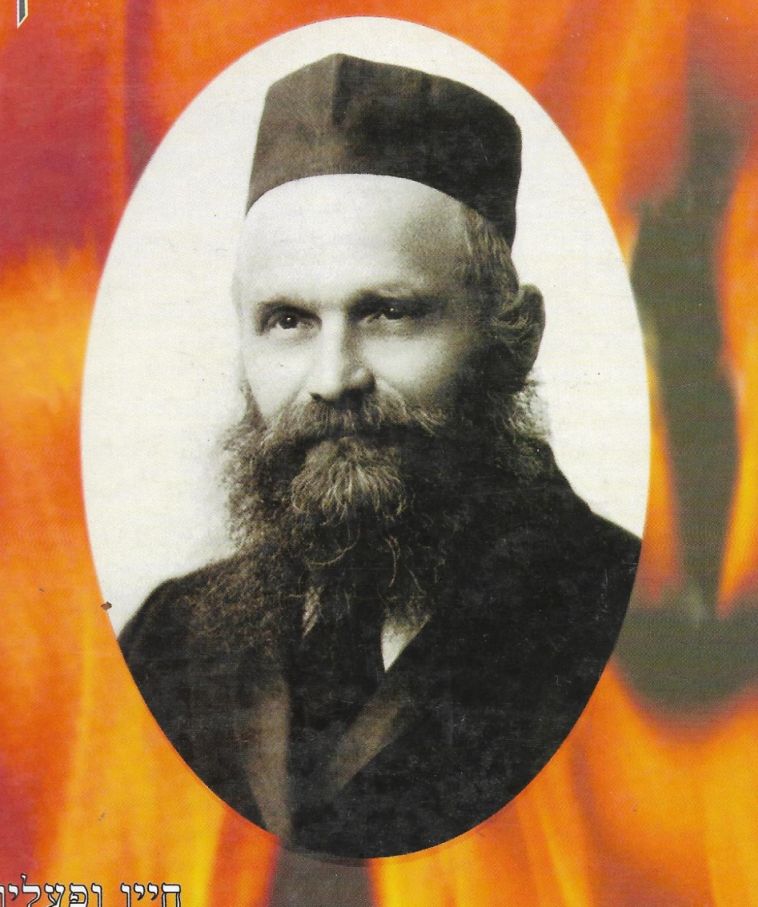
* * *
|
From Our Archives |
|
From HaShomer HaTza'ir to Degel HaTorah: A Baal Teshuva Story for the Season of Teshuva
by Betzalel Kahn
This interview was conducted some time ago, but it is especially appropriate now in Elul. When we are all thinking about personal teshuvoh it is inspiring to read about the story of someone who came from an anti-religious background who made a radical change in his own life to Torah.
When we see how someone changed his entire life, we are inspired to change ourselves. There are numerous interesting stories of baalei teshuva who are famous because of their past. This story, however, is not about a baal teshuva who was once famous nor does it contain any "thunder and lightning." This story underlines the strength and courage of a man, the grandson of a prominent anti- religious Zionist, who has made a complete change from the extreme left to authentic Judaism. Now he is an avreich who sits and learns Torah day and night, who is constantly learning and growing. In addition to being an avreich kollel, the subject is also a community activist.
Rabbi Eliezer Greenbaum is the Degel HaTorah city council representative of Beit Shemesh. Many years ago, as a youth, he set policies according to HaShomer HaTza'ir ideology, a movement the farthest away from anything holy. Today he has a completely different mindset.
The story of Rabbi Greenbaum, or Eli to his friends, does not end with the fact that he was once in HaShomer HaTza'ir, was chozer beteshuva by himself at a young age, went to yeshiva and became who he is today. His grandfather, Yitzhak Greenbaum, was one of the senior leaders of the State of Israel fifty years ago, and was connected with the Zionist Vaad Hatzoloh during the Holocaust. Recent research claims that not only did this "Vaad Hatzoloh" not help Orthodox Jews escape from Poland to Israel, it tried to make sure they stayed there.
|
A Middos Workshop: Hakoras Hatov
Based on Shiurim of Rav Dovid Siegel
The first part explained the basic idea of hakoras hatov, the elemental recognition that someone has done me a favor. There is a human tendency to want to refuse to recognize dependency on someone else. Odom Horishon, in blaming his sin on Chavah, was not fully recognizing that she was given to him as a favor. Even if what he said was correct, he could not have said it if he had true and full recognition that she was given to him as a favor.
Similarly, Bnei Yisroel refused to accept a gift from Hashem to remain on the high level that they achieved at Har Sinai. Even though it was a level they could never achieve on their own, they apparently did not want to feel forever indebted, even to Hashem, for their personal level.
The yetzer hora has many tactics, but kefias tovoh seems to be one of his strong points. Since the sin of the Eitz Hadaas, human beings possess a strong need to claim ownership on themselves and all that relates to them. It seems so difficult to give away part of ourselves that we may opt to refuse something beneficial to us if we cannot claim it as ours. Unfortunately, this is based on our perception of ourselves as the center of all.
But this is only the higher level of kefias tovoh. The base level is to deny the favor and its source. Once we have received the favor, we must rationalize that it does not deserve any recognition, or certainly not a serious degree of recognition. Maybe I never wanted the favor, or maybe it was not all that beneficial, or maybe the provider had self- interest in mind. Either way, I am certainly not indebted to him for what is now mine!
|
Escorting the Queen -- Honoring Shabbos at Its Conclusion
by Rabbi Doniel Yaakov Travis
Shabbos is a day raised above the rest of the week for the purpose of expressing Divine Majesty. So much so, that our Sages say one should try to achieve the same level of excitement upon the entrance and departure of Shabbos as one would have when welcoming and bidding farewell to royalty. Since we do not actually see anything different with our eyes, how can we perceive Hashem's Kingship on Shabbos more than any other day?
"Hakodosh Boruch Hu gives a neshomoh yeseiroh to each person on erev Shabbos and removes it on motzei Shabbos" (Beitza 16a). Kabbalistic writings explain that on Shabbos we receive a completely new neshomoh, one that is much more powerful than the one that we possess during the week (Zohar 2, 88b). The heightened level of perception provided by an extra neshomoh raises our spiritual awareness to the point where we can actually sense Hashem's Majesty. In light of this newfound understanding, we can appreciate the many aspects of Shabbos that vibrantly proclaim Hashem's Kingship.
After Shabbos our neshomoh yeseiroh departs and we lose most of the additional awareness we were privileged to experience. As a result of its departure, our bodies enter a state of semi-shock. The fragrant spices that we inhale during havdoloh bring us back to our original state of consciousness, allowing us to continue functioning until next Shabbos (Shulchan Oruch 297: 1).
|
| |
POPULAR
EDITORIALS
These links were fixed, Tammuz 5781
|






.jpg)




